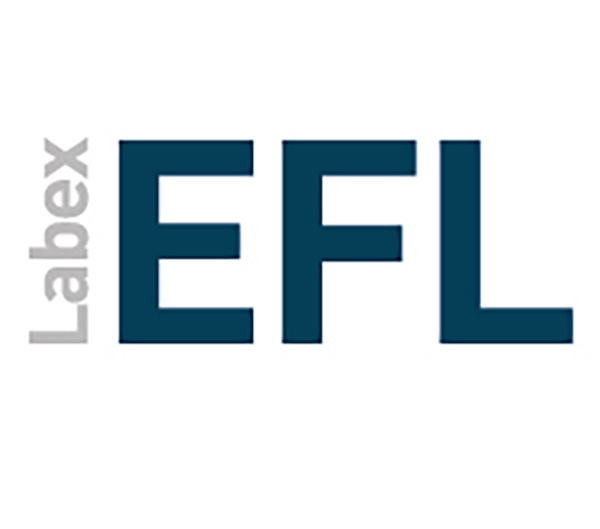LingLunch : Raphael Salkie
Raphael Salkie (Brighton)
Judges should stop doing semantics
Legal professionals in the UK and the US spend an astonishing amount of time arguing about meaning. If the law of burglary involves ‘entering a building’, does that cover situations where a person puts his arm through an open window? If a drug dealer has a gun in the glove compartment of his car, does that count as ‘carrying a firearm’? If it does, that’s an automatic 5 years on top of the drug sentence, under US law.
Judges often use semantic reasons to justify their decisions, drawing upon legal dictionaries, general purpose dictionaries, examples of non-legal usage, and obscure notions such as ‘ordinary meaning’ and ‘fringe meaning’.
I will argue that these appeals to semantics are misguided. Firstly, using dictionaries as authorities is a mistake – dictionary definitions are the result of many practical considerations by lexicographers. Secondly, judges have routinely ignored the best thinking by experts in semantics. Thirdly, the widespread distinction between so-called ‘statutory interpretation’ (semantics) and ‘applying the law’ (legal reasoning) is unhelpful. Fourthly, and most importantly, semantic reasoning is usually an attempt to lend a spurious objectivity to decisions which are in reality based on judges’ feelings about right and wrong.




